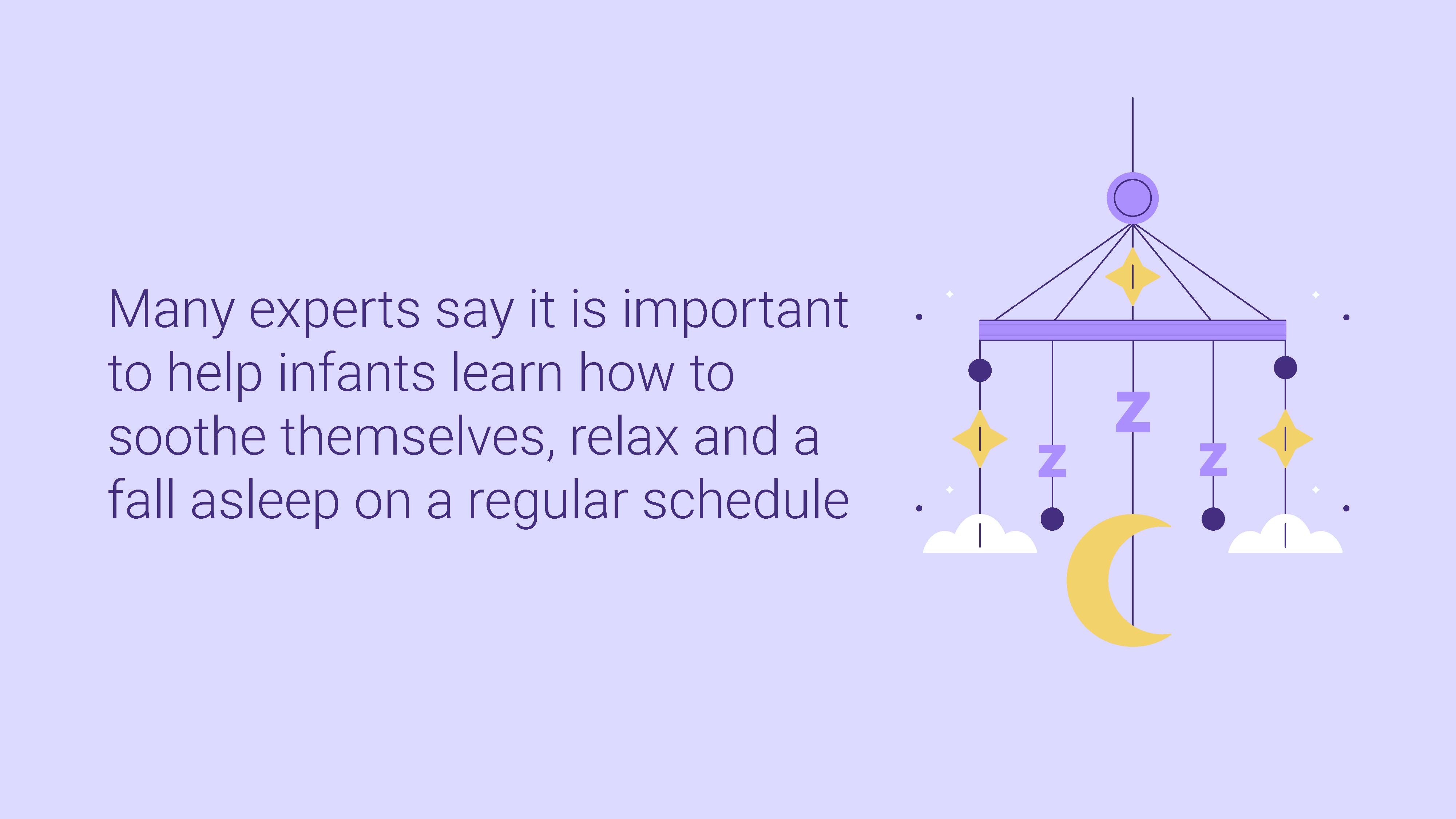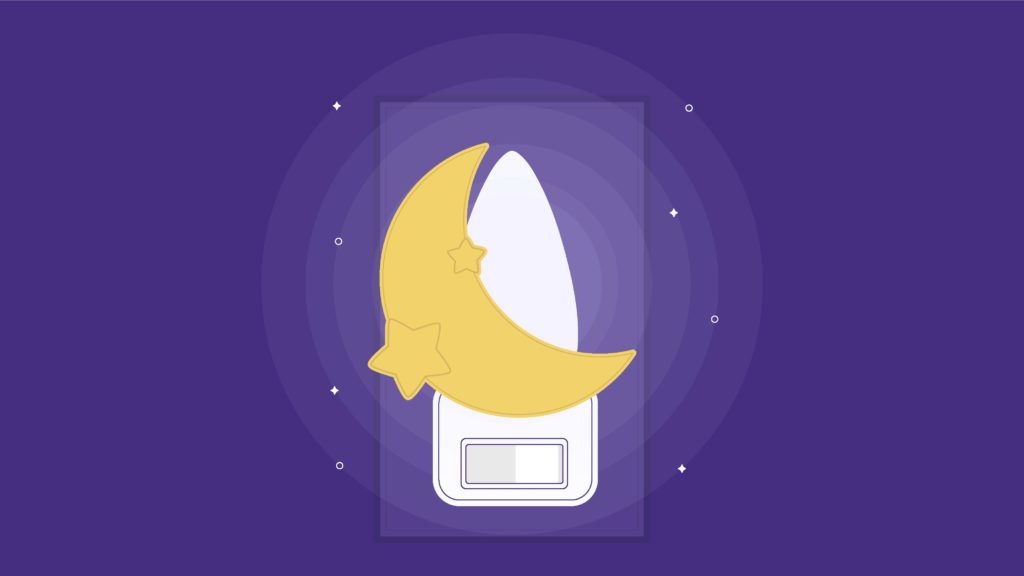It isn’t always easy to get kids to rest, but sleep plays a big part in their health according to science.
From mood to weight to immunity and even education and cognition, kids need adequate rest to be healthy and happy, making it every bit as important as things like nutrition and activity. Establishing healthy sleep habits in kids sets the stage for healthier future patterns in teens and into adulthood, as well.
Developing healthy sleep habits in kids can help keep them from joining the 50% of children who carry sleep problems throughout their years of school, and the 60% of adults that experience sleep issues.
Helping Your Kids Sleep Better
By reinforcing a regular bedtime and waking schedule from infancy and helping them develop good habits, you can help prepare your child to understand the importance of rest and its impact on their lives as they grow older.
Even older kids and adults can benefit from learning more about good sleep hygiene and the benefits of rest. For many of us, teens in particular, it can seem that there is so much more to do besides sleep. But, in reality, rest helps us look better, feel better and live better, and it deserves to be a priority.
Different age groups have different sleep needs, and parents can use these guidelines to ensure kids are getting enough quality rest and to understand the biological factors that may influence sleep patterns. The following tips are structured by infancy, childhood and adolescence.
Tips for Developing Healthy Sleep Habits in Infants
After infants have developed more regular feeding schedules and are ready to start sleeping through the night, it’s important to start with good habits. Although each child and parent-child relationship is different, many experts say it is important to help infants learn how to soothe themselves, relax and a fall asleep on a regular schedule.

How much sleep do infants need?
Infants under 1 month year require up 15-16 hours of sleep per day, and ages 1-12 months require 14-15 hours. As they continue growing, the amount sleep needed will decline. For kids age 1-3 years, 12-14 hours is recommended.
What can you do to help babies sleep better?
The following tips come from experts at WebMD.com and TodaysParent.com.
Keep in mind the sleep environment is also an important part of healthy and safe sleep. Crib mattresses should fit the crib snuggly and the baby’s environment should be free of soft objects like pillows, stuffed animals and bumper pads that could cover their face. Babies should also never be put to bed with a bottle propped in their mouths.
- Know the signs that your child is becoming sleepy. These include fussiness, rubbing their eyes, looking away from your face, and yawning or dozing off. After you notice the initial signs, place the baby in bed before he or she is too tired and agitated. They may fuss for a few minutes, but typically fall asleep soon.
- Place infants in the best position based on your doctor’s recommendations. For most babies, they should be places on their backs until old enough to turn themselves.
- Under 3 months, many experts suggest following a baby’s a natural sleep and wake patterns, wacky as they may be.
- By 3 months, experts recommend letting healthy babies learn to fall asleep on their own so they become adept snoozing quickly and avoid developing chronic sleep issues. This trait can take different amounts time for all babies though, so there aren’t any hard milestones here.
- By 3 to 6 months, babies usually begin developing regular schedules, sleeping more deeply and for longer periods of time. Parents help teach them that nighttime is for sleeping and daytime is for playing. Keeping lights low and activities less stimulating in the evening helps prepare infants for rest. Routines should be consistent and predictable.
- Try to keep eating and sleeping as separate as possible after the baby is more than a month or two old. This helps them learn how to relax and self-soothe so they will be able to fall asleep on their own, not just when being fed or held.
- Encourage daytime naps when your baby shows signs of being tired. Typically, they may take a nap in the morning and in the afternoon, but each child is different.
- After 18 months, nap time should be no longer than 3 hours to avoid affecting nighttime rest. Some also suggest keeping naps before 4 pm.
Developing Healthy Sleep Habits in Young Children
Once young children graduate from a crib to a bed they can climb in and out of, it is very important to reinforce healthy sleep habits. Setting a regular bedtime and waking time is crucial to ensuring they receive adequate rest.
Studies have shown that the body and mind performs many vital functions during sleep that influence both physical health and even memory and learning functions. Sleep is essential in young school-age kids since they are learning extraordinary amounts in these critical years.
How much sleep do young children require?
Pre-school aged-children from 3 to 6 years need 10-12 hours of rest per day, and are often still taking midday naps. School-aged kids from 7-12 years require 10-11 hours per day and are often no longer napping.
What can you do to help children sleep better?
With preschool and school-age kids, you should continue introducing healthy sleep habits and emphasizing the importance of a consistent routine. Here are a few age-specific tips from SleepForKids.org and the National Sleep Foundation.
- Keep up a regular sleep/waking schedule and pre-sleep routine. This might include a bath and bedtime story, for example. Schedules should remain as consistent as possible on the weekends and during summers. In all ages, consistent sleep-wake schedules are associated with better sleep, better health, and less obesity.
- If your child tends to get hungry at night, an evening snack might be helpful. Something like cheese and crackers or peanut butter and celery can satisfy hunger without affecting sleep later.
- Lower lights and turn off electronics approximately an hour before bed. Watching TV before bed has been associated with sleep difficulty, anxiety and other bedtime issues in kids.
- If your kid needs to mellow out before hitting the hay, provide time for them to lie in bed and relax with a book, coloring book or toy, but set a definite time for light’s out.
- Keep bedrooms dark, cool and quiet. Kids of this age should not have TVs in their bedrooms. If they must have a night light to feel secure, consider a motion activated light that can easily come on if they need to use the bathroom or get frightened.
- Nightmares, night terrors, and bad dreams are often encountered during these years. Providing children with a night light or security blanket, stuffed toy or other item that makes them feel safe can help make it easier for them to relax when going to bed or if they awake at night.
- Caffeine should be very limited in this age group to avoid sleep problems, with none after early afternoon.
- Bring any unusual changes to your child’s sleep to your pediatrician’s attention, such as excessive snoring, frequent wakings, behavior or school problems or daytime sleepiness.
Adolescents and Healthy Sleep Habits
Adolescents often have difficulty maintaining healthy sleep habits due to a combination of factors. These include mountains of homework, sports, fun activities, a growing social life, and even biological influence.
How much sleep do teens need?
Adolescents aged 12 to 18 require 8 to 10 hours of sleep nightly, with 9.25 being the ideal recommendation of the National Sleep Foundation. Even though they don’t need as much rest as younger kids, they still need more than older adults which require 7-9 hours.
In our teen years, we become naturally predisposed to staying awake later and and waking up later. However, early school start times means that sleeping in often isn’t possible and studies estimate that 4/5 of adolescents suffer sleep deprivation, which means that their grades and health can suffer.
What can teens do to sleep better?
Teen years often form many of our adult habits, making this an important time to learn how to sleep well and how to deal with sleep issues. These teenage sleep tips come from the Cleveland Clinic and the UK National Health Service.
- Teens may be resistant to parents setting bedtimes or laying down other rules, so it might be helpful to explain why they need rest (get better grades, look better, be healthier, drive safer, etc) so they understand why it should be a priority of theirs.
- Figure out a regular sleep-wake schedule that works for your child. Try to encourage no more than an hour variation on weekends. Studies have shown that despite natural changes to their circadian rhythms that tend to make it harder for them to fall asleep early, that adolescents perform better in school when they maintain a regular bedtime and waking schedule, with less than an hour fluctuation on weekends. Regular sleep-wake times are also associated with healthier body weight.
- Like adults, teens’ sleep benefits from daily outdoor sun exposure and regular exercise.
- Caffeine should be limited, especially in the afternoons and evenings.
- Naps for teens and adults should ideally be under 30 minutes, limited to early afternoon.
- Try to encourage them to shut off cell phones at night to keep friends from disrupting their, and your own, sleep. TVs, tablets and laptops have also been shown to keep people up later due to the blue light emitted, and should be turned off an hour or so before bed.
- Teens often encounter a great deal of stress as they learn to manage a hectic schedule and social life. Discussing problems during the day, getting regular exercise, and encouraging them to develop healthy stress management abilities (deep breathing, journaling, etc) can also help them rest easier at night.
- Adolescents experience significant growth spurts and often suffer from the accompanying growing pains. If they report not being able to fall asleep or discomfort, their mattress may not be providing the support their body requires. Even if a bed isn’t very old and still in decent shape, changes to weight, height and body shape can affect comfort.
- Beds should only be used for sleeping, so if room allows, try to establish a desk or relaxing area (a comfy chair or even pillows on the floor) where they can work on school or hang out when not sleeping.
All ages benefit from basic healthy habits like getting exercise, getting sunlight, limiting caffeine, keeping electronics out of the bedroom, and sleeping in a comfortable, dark, and quiet environment. Consistency is another key for both adults and kids, as the less variance our schedules have, the less likely we are to experience sleep issues and related health side effects.
From doing better at school to staying healthier, the benefits of sleep are numerous. Every year, we learn more about rest and just how important it is for all aspects of our lives. Healthy sleep habits prove important at any age, but teaching kids the basics of rest can give them a lasting advantage later on.
This article is for informational purposes and should not replace advice from your doctor or other medical professional.

The Conversation (0)
Start a discussion, our content team tries our best to respond to comments. However replies should not be a substitute for medical advice from your doctor.*